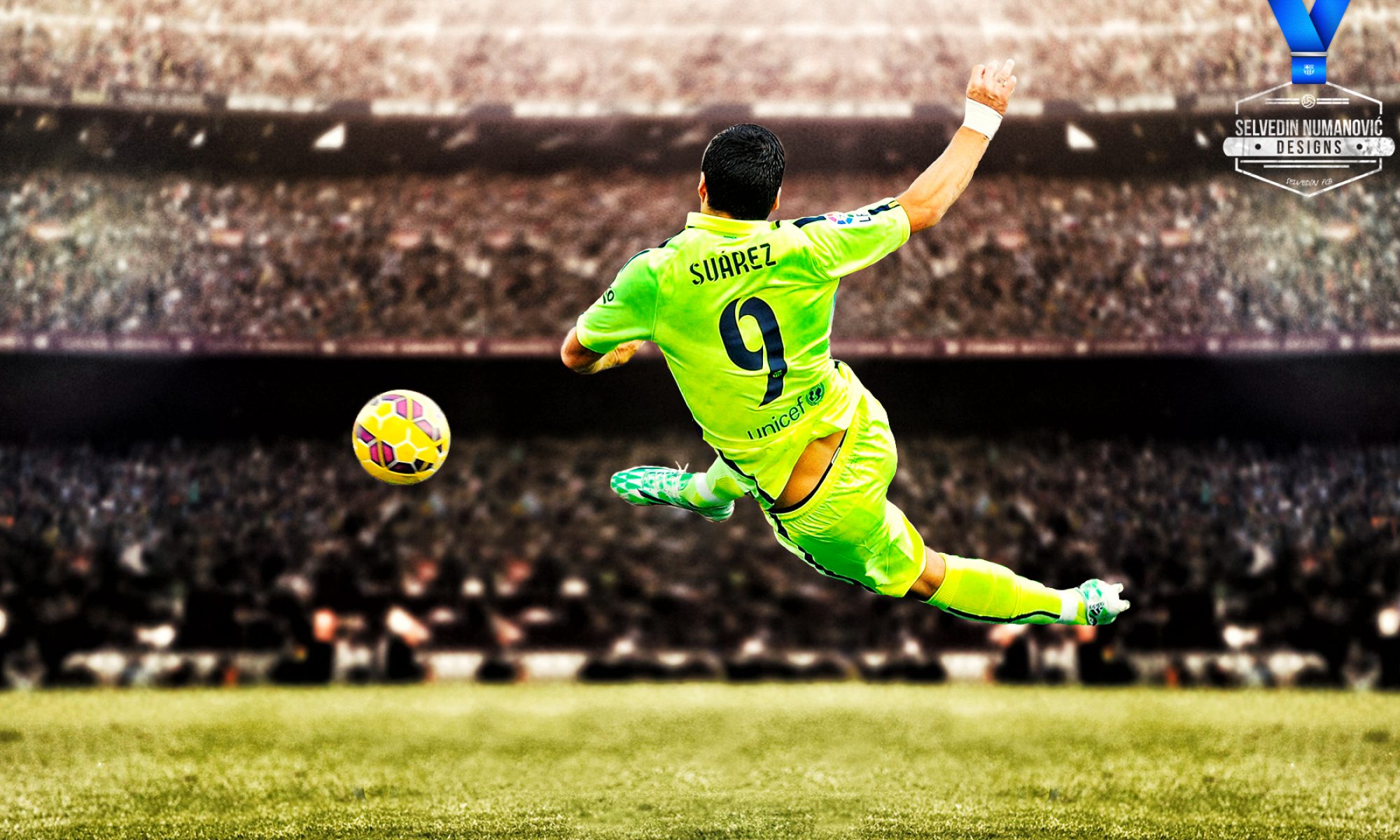Introduction:
Imagine if I had a knife, and blatantly stabbed your child, because they “accidentally” killed mine. Would this murder be justifiable? Is murder ever justifiable? In the text “And then there were none” by Agatha Christie justice for murder is a common theme that has spark interest in me to see the different perspectives on whether murder is justifiable. From the perspective of how murder is justifiable it is the argument that in life or death situations we have no control over the murder of someone else. However, from the perspective of how murder is never justifiable it is the argument that murder is never the solution.
1st Perspective:
Life. What a wonderful thing it is. Love, affection, prosperity. Why would you want that ever to be taken away from you? Should we not have the option to protect the gracious gift we have been possessed, even if it means taking someone else’s. This perspective has sprung up on me due to the character of Philip Lombard in the text. Philip Lombard was punished as he abandoned 21 members of an East African Tribe to survive resulting in their deaths. This brought up the perspective of how murder for self-defense and survival must be justifiable. Like all species survival is our main priority. As humans, we are wired to protect ourselves which we refer to the term of our “flight or fight” response when in danger. According to the University of Harvard, when in true danger, the hypothalamus, an area of the brain, is stimulated interacting with the body’s nervous system providing the endangered to flee or fight. Studies at the University of Victoria Wellington shows how this response happens unconsciously. Our brain therefore makes the best unconscious decision for survival. So when flight seems impossible, fight maybe the only option. Whether it ends up murdering someone else how can this murder for self defense not be justifiable? How can it be unjustifiable when we have no control of it trying to only protect ourselves. It is no wonder why murder for self-defense is legal in many countries such as our own. And if your a firm believer that murder is unjustifiable then think about this. Imagine you in a dark alley, trapped, encased with concrete walls with a man pointing a gun to your head. And you’d make the decision to stand their helplessly. Of course not, your instincts would have not let you.
2nd Perspective:
From the perspective of how murder is never justifiable, it is the arguement it only creates problems rather than resolving them. Justice Wargrave, another character in the text, presented this perspective to me as he murdered 10 people for murdering another for what he believed was the best solution for justice. The murdering of these people however was not the best solution as most learned from their murders to make the world a better place. Often when thinking of justifications for murder you think of when murder is the best solution. But in reality is it ever really? Let’s start with a specific example of the Second World War. Did it not only just create the Cold War? For the US alone it resulted in $241 billion dollars in debt. Over 400 thousand in casualties. 20 million on the border of starvation. So was the murdering of over 400 million to end conflict really the best solution? You may argue how there was no choice but war to end the conflict but then tell me, how did the Czechs do it against the Soviet Union in 1989. Another example of how murder is not the solution is the murdering of terrorists. But how? How is murder not the best solution when it saves many who are innocent? According to the New York Times, when terrorists are killed communities rallying behind the terrorist group in vengeance of the killer creating further terrorism. Not only that are we not teaching our future generation the wrong morals by murdering someone, who is murdering someone else. How hypocritical can we be? Did we not run by the moral of two wrongs don’t make a right? No matter the scenario murder continues to prove it will only create problems rather than resolving them. So why should it ever be justified?
My Opinion:
From my own perspective, l believe murder is justifiable. We must have the right to protect ourselves in self-defense. If we weren’t I believe our society will be in rule of those violent. I know this because of our past. Without the rebellion for self-defense, violent leaders like Joseph Stalin are able to rule countries murdering millions for pleasure. In the second perspective, I do not agree with how murder is never justified as it is never the solution because I believe sometimes it is. For example with the terrorist scenario, I do believe the best short term solution is the murder of the terrorist as the cost of the innocent is greater than the negative morals learned. However, like the second perspective, I do believe the murder of terrorists should be justified forever because long-term it isn’t the solution as shown it only creates more.
Conclusion:
In conclusion, this debate will never end due to the many perspectives for and against the justification for murder. Those looking in the perspective of self-defense will believe it is justified as we can’t control whether we murder or not due to our “fight or flight” response. For those who believe it is never justified, they through the perspective of how murder is never the solution. Through these different perspectives, we learn not whether murder is justifiable, but rather how murder should be avoided as they take away the gift of life of another and create further problems. I believe it should be avoided at almost all costs. But hey that’s just my opinion. So what’s yours?
